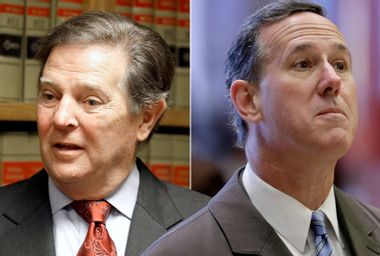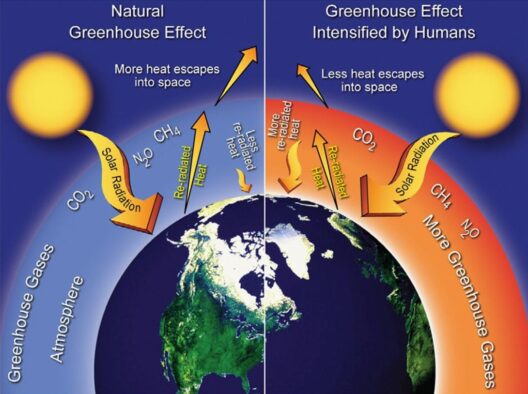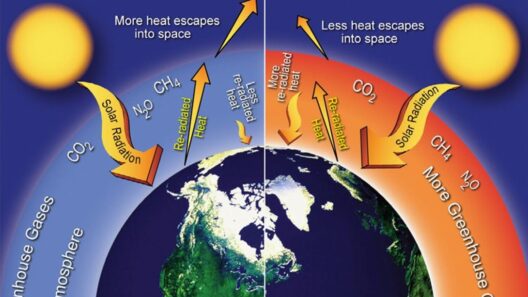The Koch brothers, Charles and David Koch, are prominent figures in American business and political circles. As owners of Koch Industries, one of the largest privately held companies in the United States, they have amassed great wealth and exert significant influence over political discourse, particularly concerning environmental policies. The question of whether they believe in global warming is intrinsically tied to their business interests and political affiliations, leading to a complex interplay between financial motivations and environmental realities.
From a broad perspective, the Koch brothers have been vocal skeptics of the scientific consensus regarding anthropogenic climate change. Their public statements, as well as those made by affiliated organizations, often downplay the urgency and severity of climate change. This position is mostly derived from their substantial investments in fossil fuels, particularly oil and gas, which stand to be negatively impacted by stringent environmental regulations aimed at curbing greenhouse gas emissions.
The Koch network has extensively funded efforts that challenge the prevailing scientific views on global warming. Groups such as the Cato Institute and Americans for Prosperity have propagated misinformation regarding climate science—stressing uncertainty and questioning the credibility of climate models. This stance has effectively contributed to a culture of skepticism towards the very existence of climate change, despite robust evidence provided by intergovernmental and independent scientific organizations.
However, the brothers’ private statements have occasionally hinted at an awareness of climate issues. Reports indicate that while they may publicly challenge the narrative surrounding climate change, they recognize the significance of environmental stewardship, especially when it aligns with their business interests. For instance, Koch Industries has engaged in sustainability initiatives aimed at improving energy efficiency and reducing emissions in certain sectors. Such actions reflect a potential acknowledgment of environmental responsibilities, albeit often framed in a context that favors deregulation and self-policing rather than government intervention.
To truly understand the Koch brothers’ complex relationship with climate change, it is essential to analyze their political maneuvering. The brothers have invested heavily in political campaigns that promote conservative candidates aligned with their economic ideologies. These policies often prioritize economic growth over environmental protection, which serves to entrench their wealth accumulation while resisting measures aimed at combating climate change. The political landscape, shaped by Koch-funded groups, has facilitated the rollback of significant environmental regulations, further entrenching skepticism in legislative bodies.
The implications of the Koch brothers’ influence stretch beyond American borders. Their financial interests and lobbying efforts can affect international climate agreements and negotiations. The United States, as a leading global emitter of greenhouse gases, holds significant sway in international climate discussions. The stance taken by politically influential entities like the Koch brothers can hinder collaborative efforts to address climate change on a global scale.
The intersection between economics and environmental science cannot be understated. The fossil fuel industry, heavily supported by the Koch brothers, has deep-rooted connections with economic growth discourse. The argument posited by critics is that this economic model relies on short-term profits at the expense of long-term environmental sustainability. It is essential for society to disentangle economic interests from policy-making that adversely affects the planet.
Moreover, public perception plays a crucial role in political and corporate responses to climate change. The Koch brothers, employing sophisticated media strategies, have effectively shaped narratives that resonate with their base while sowing doubt across the general populace. Public misalignment regarding climate science often results from well-funded misinformation campaigns. Such dynamics inhibit independent thought and rational discourse about environmental policies, thereby complicating any consensus on climate action.
In recent years, there has been a notable shift in public sentiment toward environmental issues, especially among younger generations. This new demographic prioritizes climate action and shows skepticism toward entities that repeatedly contradict scientific research. As this emergence of a climate-conscious electorate grows, even those with vested interests in fossil fuels might be compelled to modify their rhetoric and policies. The Koch brothers’ future political and business strategies may necessitate a reevaluation of their environmental positions to remain relevant in a society increasingly demanding accountability for climate change.
Ultimately, the question of whether the Koch brothers believe in global warming transcends simple belief; it is intertwined with their financial interests, political strategies, and broader societal values. While their public skepticism remains palpable, an undercurrent of acknowledgment regarding environmental issues exists within their corporate framework. However, real progress in addressing climate change requires a reevaluation of entrenched interests and a commitment to facts over political expediency.
Moving forward, collaboration among policymakers, scientists, and the business sector is paramount. To foster an environment conducive to tackling climate change, open and honest discussions must replace misinformation and skepticism. Solutions will only materialize when industry leaders prioritize sustainability, aligning profit motives with environmental responsibility. As the landscape continues to evolve, the necessity for a multifaceted approach that transcends ideological divides will become increasingly crucial for engaging with the most pressing challenge of our time: climate change.







